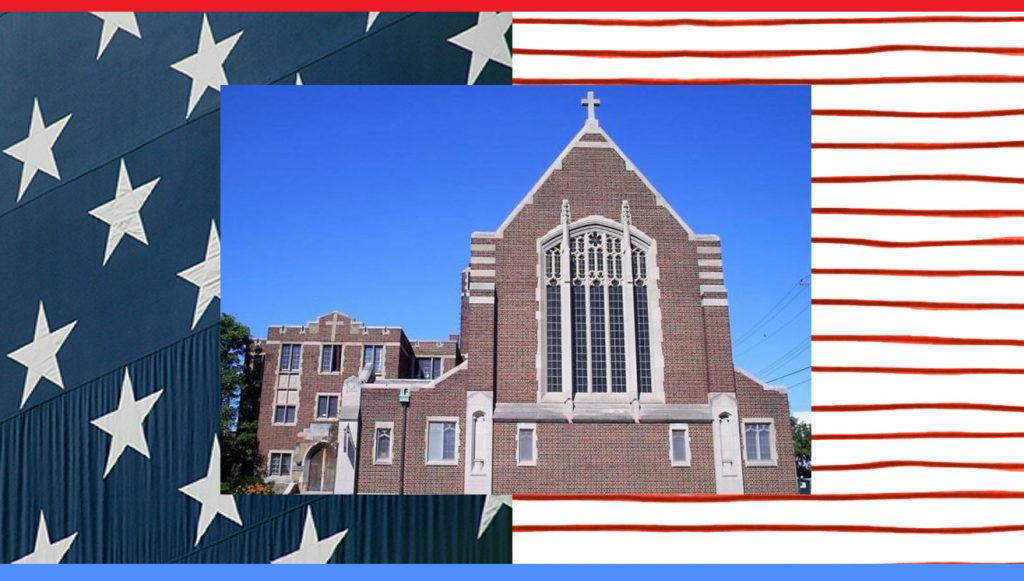The Role of Faith in the 2020 Race
“This is a time when our faith is on the ballot, democracy is on the ballot,” says Jim Wallis, Founder and President of Sojourners.

In the run-up to this fall’s presidential election, pollsters have been busy dissecting the electorate into reliable demographic groups. College-educated whites, non-college-educated whites, Black women, Latino men, suburban women. In 2020 many of these voting blocs have become increasingly intersectional, but one group has remained mostly homogeneous and steadfastly in support of President Trump.
Evangelical white voters get a lot of attention for being among Donald Trump’s most consistent and fervent supporters, so much so that the term “the religious right” is now a constant in the American lexicon.
Despite their fame and political power, white Christians aren’t the only religious voters in the country. In fact, the Democratic Party is home to a wide breadth of religions and faithful voters.
“People believe that the Democratic Party does not believe what white evangelicals believe, and that is largely true. But that doesn’t mean it’s not filled with people of faith.” — Eugene Scott
Listen: Detroit Today listeners weigh-in on how faith is guiding voters in the 2020 election.
Guests:
Jim Wallis is the Founder, President, and Editor-In-Chief of Sojourners and is a theologian and political activist. He says that when the media talks about Evangelicals they often are referring to white Evangelicals. This points to a significant racial divide among religious voters.
Wallis says there needs to be a change in how religious issues are defined to include systemic racism in the conversation. “Racism is an essential issue in this election,” says Wallis on the need for a racial reckoning in the church.
Eugene Scott covers identity politics for the Washington Post. He says that the rhetoric around religious voters often discounts the many faithful people that consistently support the Democratic Party. “People believe that the Democratic Party does not believe what white evangelicals believe, and that is largely true. But that doesn’t mean it’s not filled with people of faith,” says Scott. He points to Black Americans, many of whom identify as Christian, as a consistent religious voting bloc for the left. Another misconception Scott highlights is Trump’s support among the religious right. “It wasn’t that he (Trump) won Christian voters overwhelmingly, he won white voters overwhelmingly,” says Scott.
In a year marked by a collective racial reckoning and nationwide Black Lives Matter protests, systemic racism is on the ballot. Scott says many religious voters have been compelled to interrogate their own beliefs when it comes to race and politics. “The role of racism in this presidency is one that has dominated headlines and conversations… I think it has forced some voters to reckon with the words coming out of this administration,” says Scott.
Trusted, accurate, up-to-date
WDET is here to keep you informed on essential information, news and resources related to COVID-19.
This is a stressful, insecure time for many. So it’s more important than ever for you, our listeners and readers, who are able to donate to keep supporting WDET’s mission. Please make a gift today.
